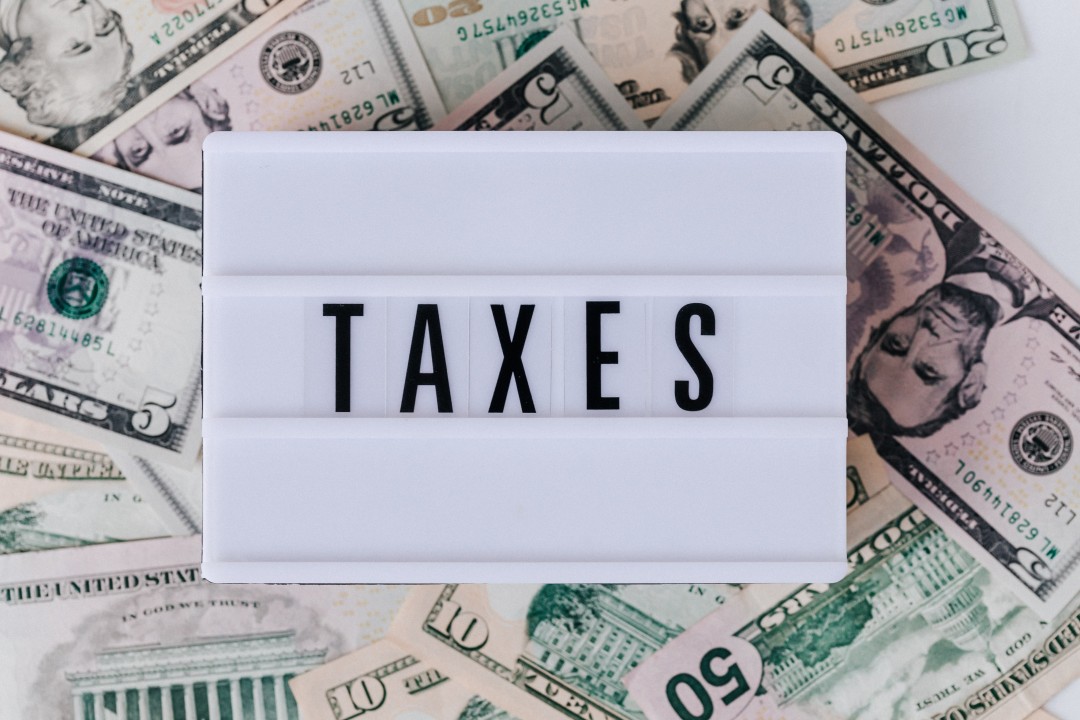Compliances for Societies/ Associations/ Nonprofits for Tax Exemptions
Are you a member of a society, an organisation, or a non-profit organisation? Then the technicalities involved with tax exemptions are likely to be a source of frustration for you. It's true that complying with the regulations is never easy. I'll break down the nuances for you in this article.
The major compliances are,
- Society registration- You need to register your organization before you kick off any campaigns or events. Registrar of the concerned society or state will certify your organization.
- PAN- You can form a partnership firm and apply for a pan card in the firm's name.You should register the society to obtain a PAN card for it.
- 12A- It is a one-time registration which is granted by the Income Tax Department to trusts and other not for profit organisations. The purpose of the registration is to be exempted from the payment of income tax. It is generally applied for immediately after incorporation.
- 80G- It is the registration granted by the Income Tax Department. 80G registered NGO is more acceptable to receive prosperous funding and various tax reliefs.
- FCRA- A new law that was signed on September 28, 2020 will greatly tighten and restrict the existing Foreign Contribution Regulation Act (FCRA). FCRA is the cornerstone law that regulates how nonprofits in India can receive foreign funding
- TAN- TAN or Tax Deduction and Collection Account Number is an identification that is required by an individual/company/ organisation to streamline both deduction and collection of tax at source (TDS/TCS).
- Service Tax- Service tax is not always applicable for organizations. It varies under certain provisions of Income tax law that takes decisions by considering their income sources.
- Professional Tax- Professional Tax is a liability of an NGO to deduct from the salary of an employee and deposited to the Government.
Now, let’s dive deeper into the general income tax exemptions for your community.
General Income Tax exemptions For Your Association
- Time to meet the Income Tax Act (1961) which enables you to avail tax exemptions in India. The criteria that you need to meet are,
- The association should be a registered society under Societies Act
- The purpose of a society registration can be developing free education, free treatment, literature, fine arts, science or literature, or the dissemination of objective knowledge of political knowledge.
- The organization must spend 85 percent of its income in any financial year (April 1 to March 31) on the objects of the organization.
- The funds of the organization must be deposited as specified in Section 11(5) of the Income Tax Act;No part of the income or property of the organization may be used or applied directly or indirectly for the benefit of the founder, trustee, relatives of the founder or trustee or a person who has contributed in cess of INR 50,000 (approximately $716) to the organization in a financial year.
- The organization's income must be applied or accumulated in India. Here’s a catch. Trust income may be applied outside India to promote international causes in which India has an interest, without being subject to income tax with prior permission of the Central Board of Direct Taxes.
- The organization must keep a basic record (name, address, telephone number, and Permanent Account Number issued by income tax) of all donors contributing over INR 50,000 (approximately $700).
- The Finance Act (2016) governs the tax liability of “accreted income” for certain organizations (Finance Act (2016) Chapter XII-EB, Sections 115TD, 115TE, and 115TF). “Accreted income” is the difference between the fair market value of the assets and the liabilities of the trust or institution
We have seen the general Income Tax deductions applicable for your NGO. How about the exemptions provided by GST?
GST Tax exemptions for Charitable Trusts
GST provides an exemption for charitable activities by an entity registered under Section 12AA of the Income Tax Act (1961). They are,
- Public health services such as the care or counseling of;
- Terminally ill persons or persons with severe physical or mental disability.
- Persons afflicted with HIV or AIDS.
- Persons addicted to a dependence-forming substance such as narcotics drugs or alcohol.
- Promoting public awareness of preventive health, family planning or prevention of HIV infection.
- Advancing religion, spirituality or yoga;
- Advancing educational programs or skill development relating to abandoned, orphaned, or homeless children
- Physically or mentally abused and traumatized persons
- Prisoners
- persons over the age of 65 years residing in a rural area
- Preserving the environment including watershed, forests, and wildlife
Having said all these, how can we wrap up without glancing through the disqualification criteria?
Disqualification from Tax exemption
Let’s take the case of private religious trusts and charitable trusts or organizations that are created after April 1, 1962. If they are established for the benefit of any particular religious community or caste, such NGOs are not eligible for tax exemptions.
However, trust or organization established for the benefit of "Scheduled Castes, backward classes, Scheduled Tribes or women and children'' is an exception. Such trusts or organization is not disqualified, and their income is eligible for tax exemptions.
That’s it about the compliances for tax exemptions for associations in India. Feel free to reach out to me on LinkedIn if you have any further doubts. I would be happy to help you. After all, isn't that one of the reasons we've come here?
